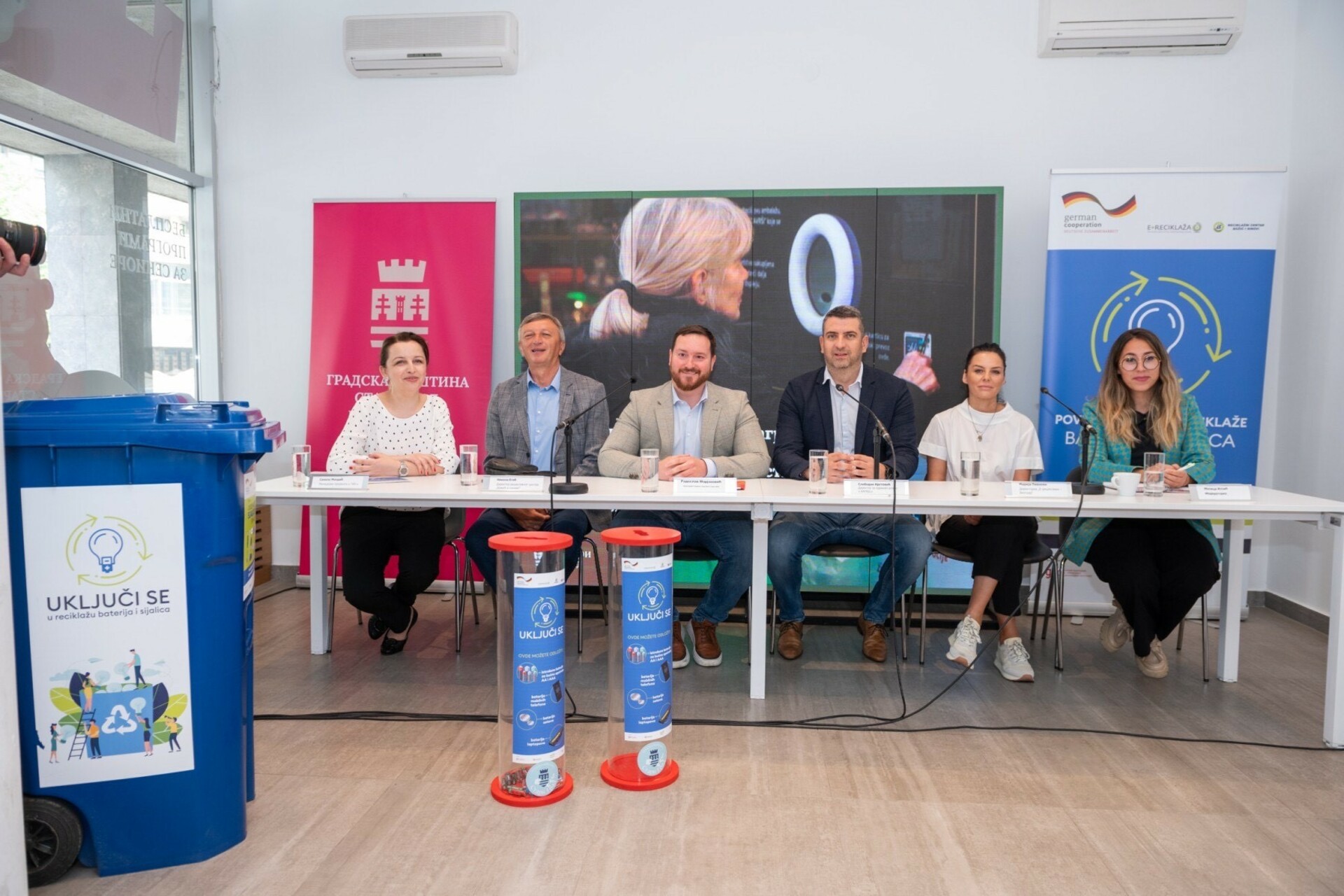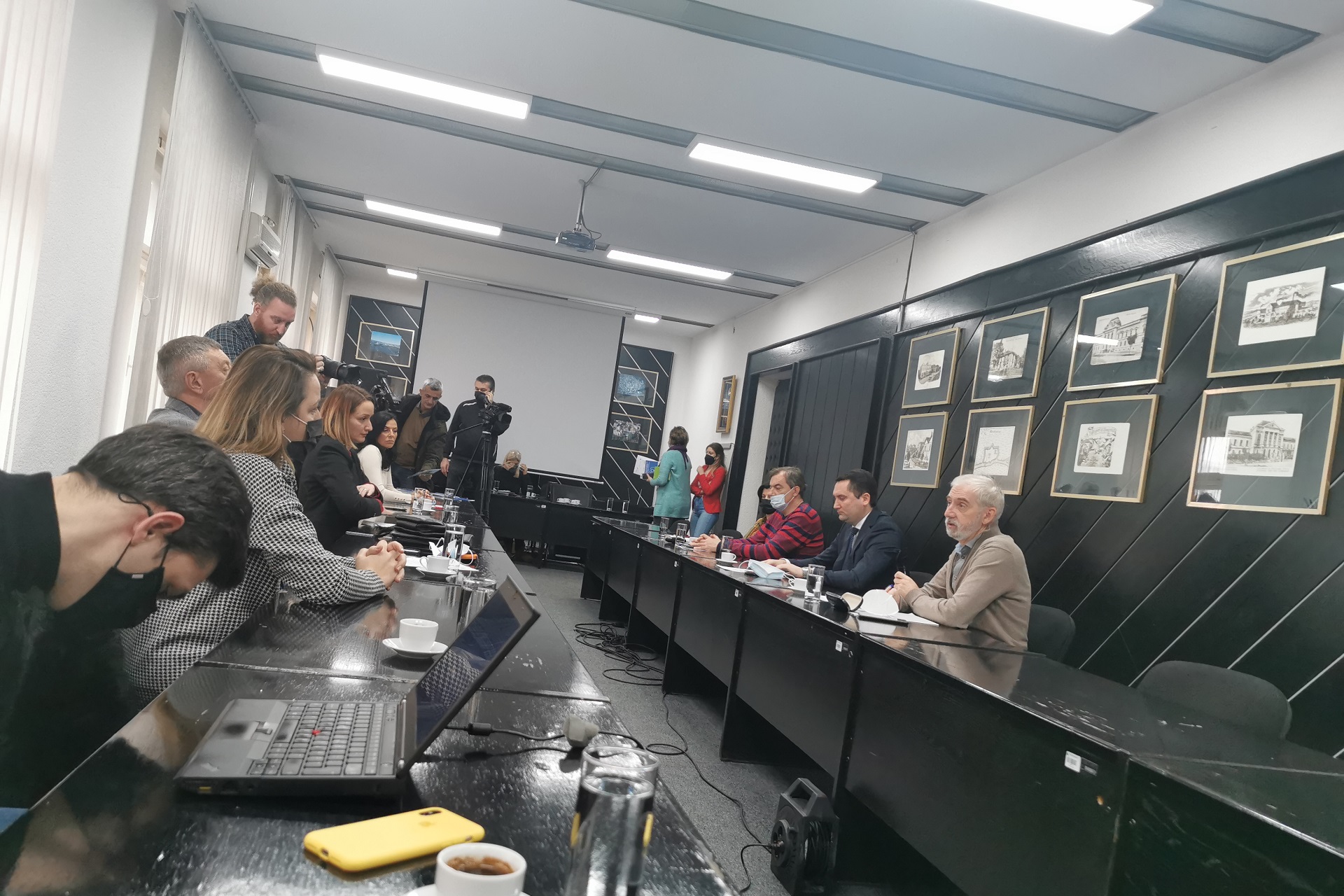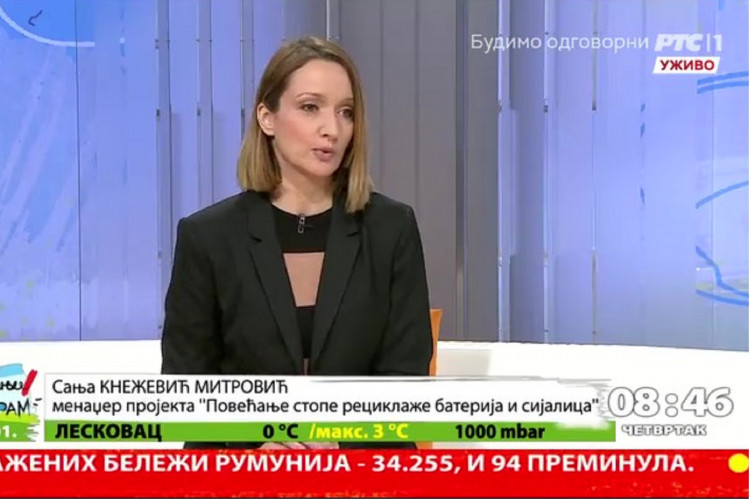[FoNet] Batteries and light bulbs are hazardous waste - in need of collection and disposal infrastructure
According to data from 2020, about 600 tons of batteries are placed on the Serbian market, of which 17 tons are recycled. When it comes to light bulbs, we recycle between 70-100 tons of light bulbs per year, which is between 5 and 10% of the total light bulbs placed on the Serbian market.
- The biggest problem for the collection and treatment of batteries and light bulbs in Serbia is, first of all, the lack of a network and infrastructure to properly collect and separate these streams of waste from other waste. As is known, we have nowhere to store batteries, except in certain retail stores of certain retailers. The collection and treatment of batteries is practically the social responsibility of those companies and they pay for the treatment for the collected batteries, explained Sanja Knežević Mitrović, manager for regulatory reform at NALED, as a guest on FoNet's Vidokrug podcast.
Given that there is no facility for recycling batteries in Serbia, they are exported to Germany and a kilogram of used batteries costs about 4 euros to be properly treated, the data are from the analysis that was carried out within the project "Increasing the recycling rate for batteries and light bulbs" ". Now, in the spirit of the energy crisis and price increases that we are witnessing, that price can vary significantly.
She pointed out that it is necessary to have a network for collecting these waste streams, first of all containers for separating batteries and light bulbs in which citizens could easily and simply dispose of them.
- Since this is not currently the case, batteries and light bulbs essentially end up in a landfill mixed with other municipal waste. When they end up in landfills, they constitute hazardous waste, specifically batteries contain lead, cadmium and mercury, which in landfills ends up in the soil, groundwater and ultimately the food chain, Knežević Mitrović pointed out.
According to her, in the context of the circular economy, every waste is actually a resource. When the elements that are dangerous are removed from the batteries and light bulbs, there is a residue that can be used for further production as a raw material.
As a reminder, 13 faculties of the University of Belgrade recently joined the campaign to collect used batteries and light bulbs, in order to make waste disposal containers more accessible to citizens. So far, the City of Kragujevac and the municipality of Stari Grad have joined the collection chain.



